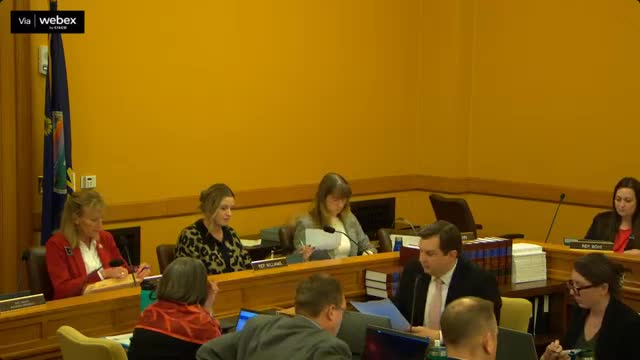Article not found
This article is no longer available. But don't worry—we've gathered other articles that discuss the same topic.
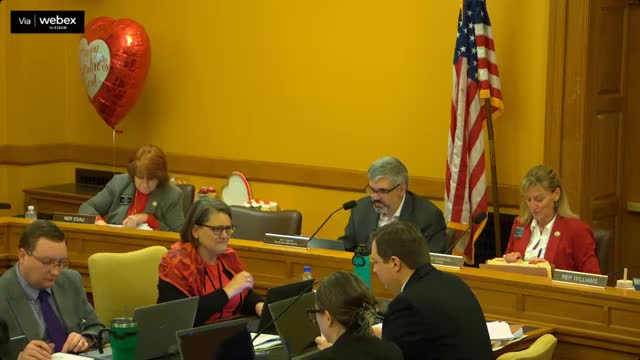
Committee adopts compromise to Open Records Act bill to limit staff-cost charges and require notice on large requests
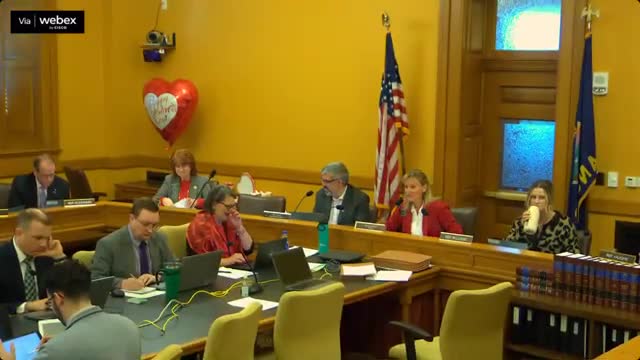
Kansas committee hears changes to theft statute to ease prosecution of stolen vehicles
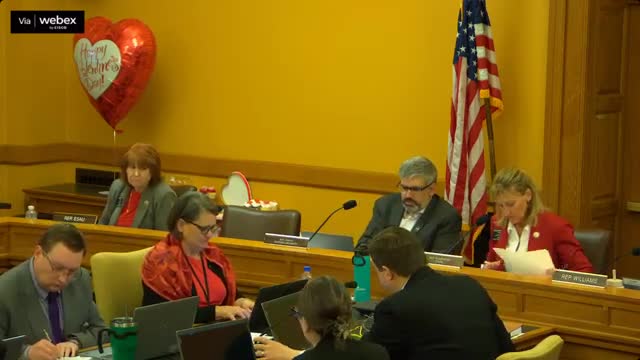
Committee amends guardianship bill with coalition language on end‑of‑life decisions and advances measure
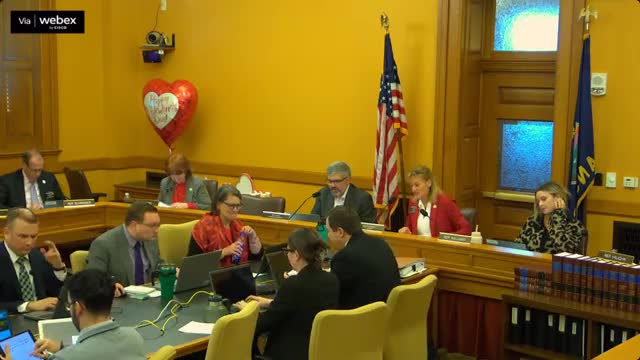
Judiciary committee adopts amendments and advances Business Entity Modernization bill after debate on series LLCs
